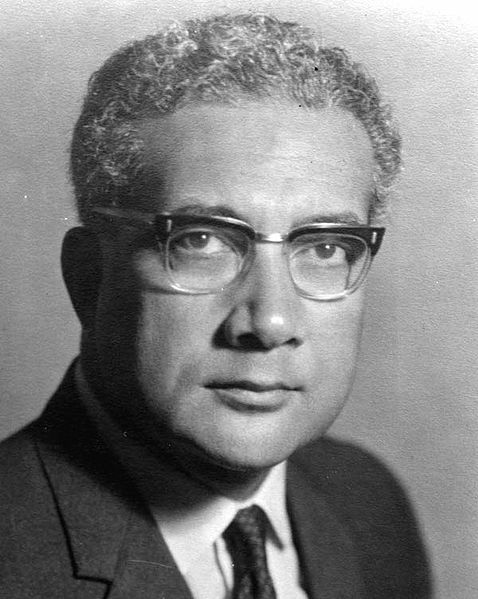By Netani Rika
When Ratu Sir Kamisese Mara sailed over the horizon to his chiefly home on Lakeba in May 2000, it was perhaps the most incongruous exit of any Fijian politician.
As the patrol boat Kiro carried the deposed President of the Republic to political oblivion, his daughter remained hostage in Parliament.
The dream of a united, prosperous Fiji in tatters, health failing and the nation in crisis, Ratu Sir Kamisese’s political death blow was delivered by those charged with his protection.
On May 28 . . .
Please Subscribe to view full content...
